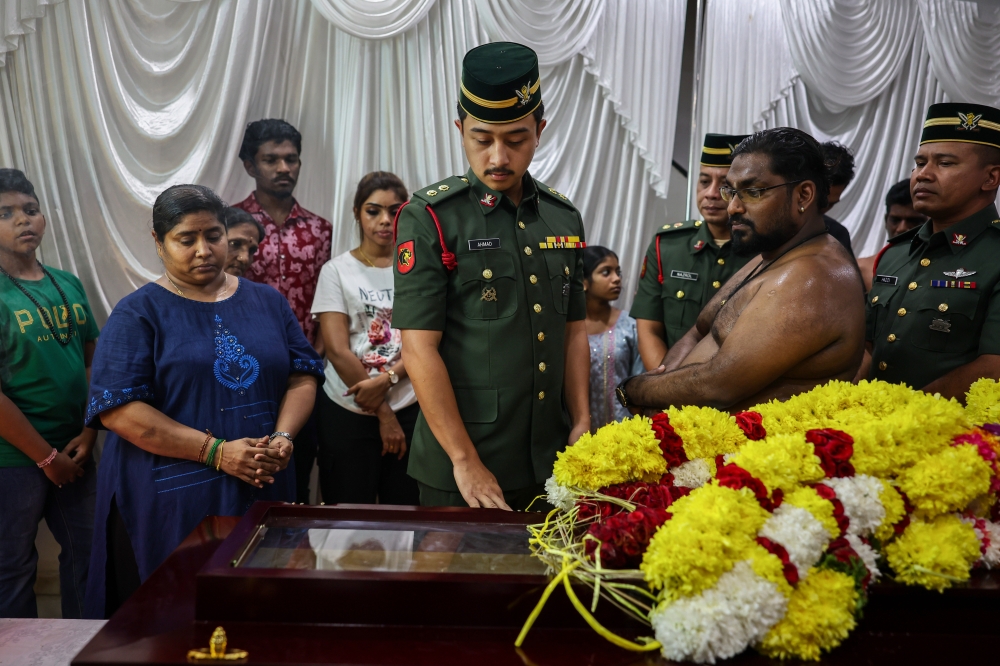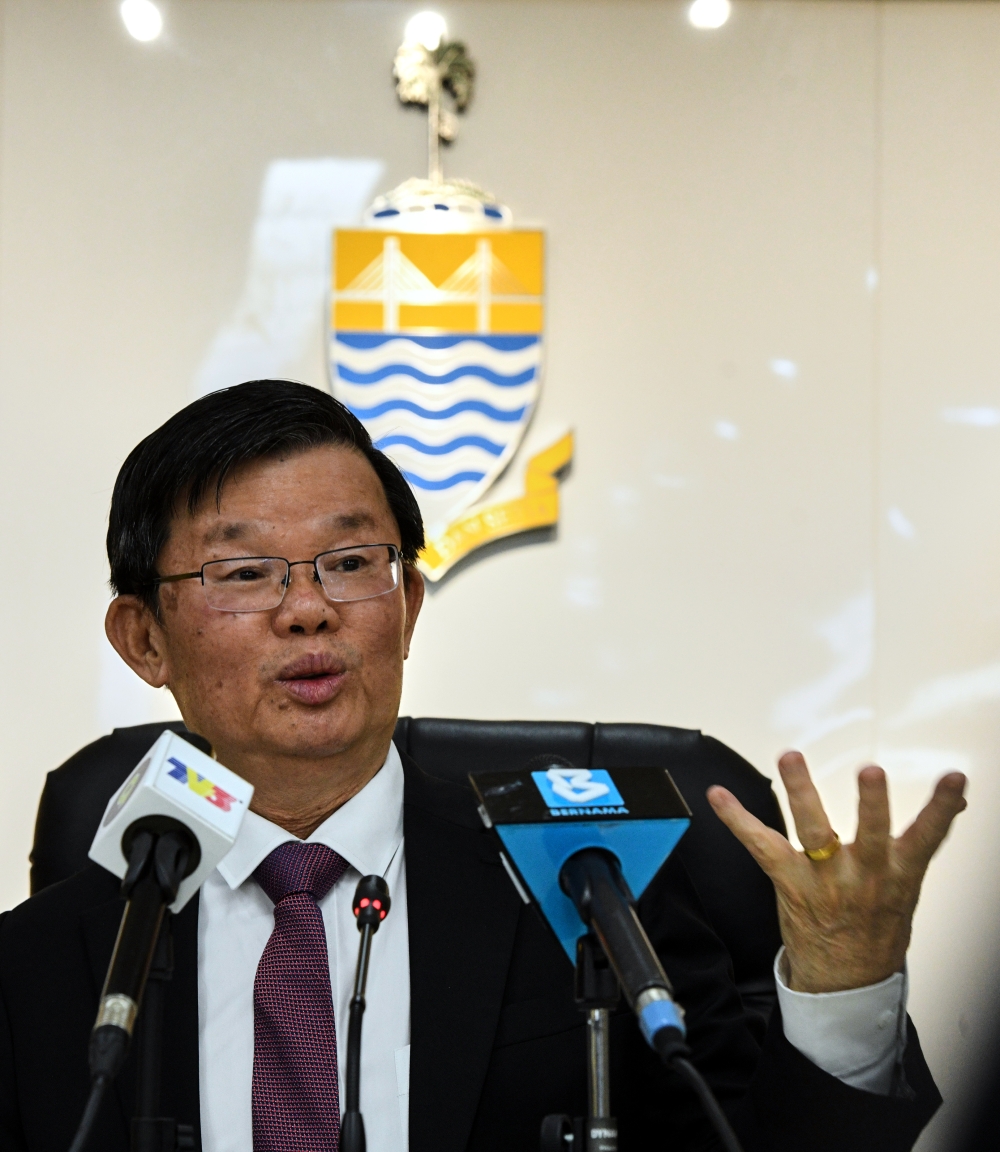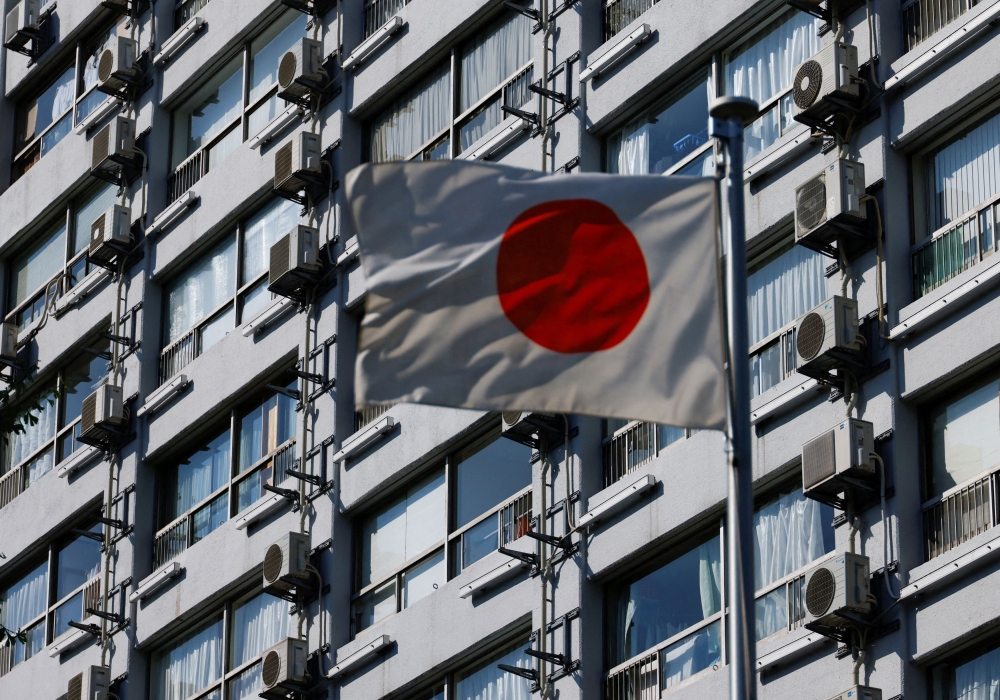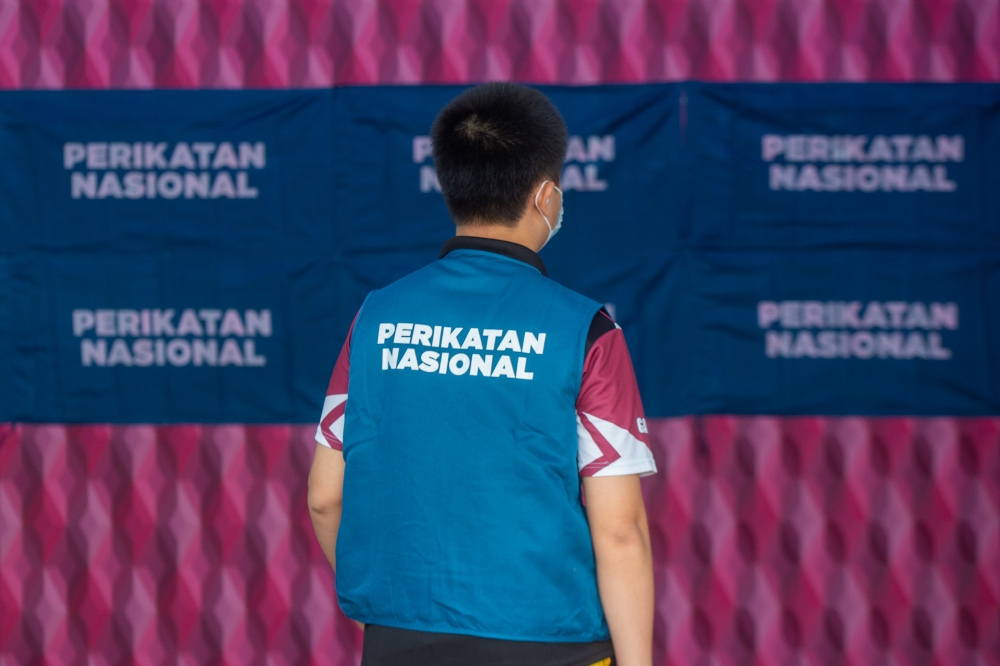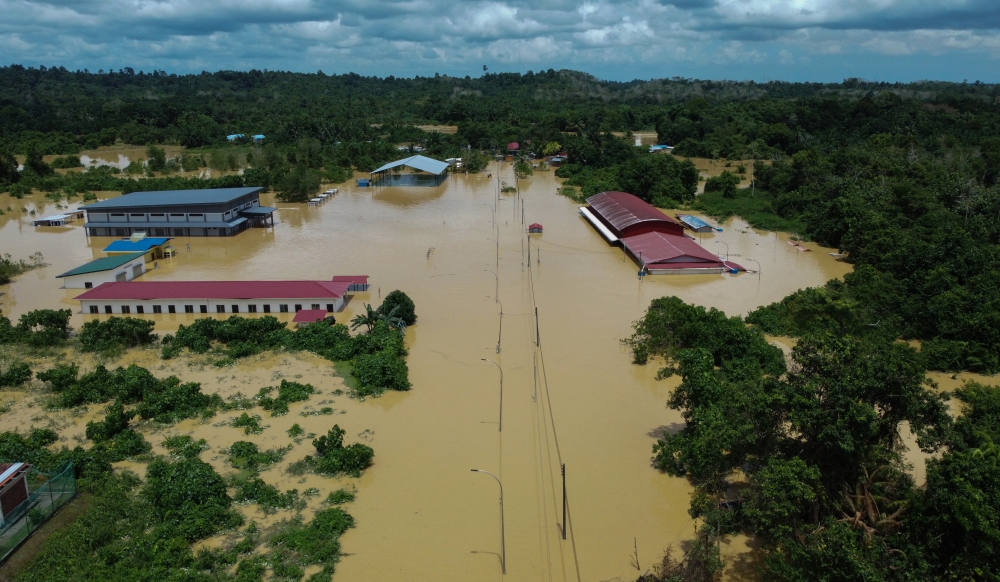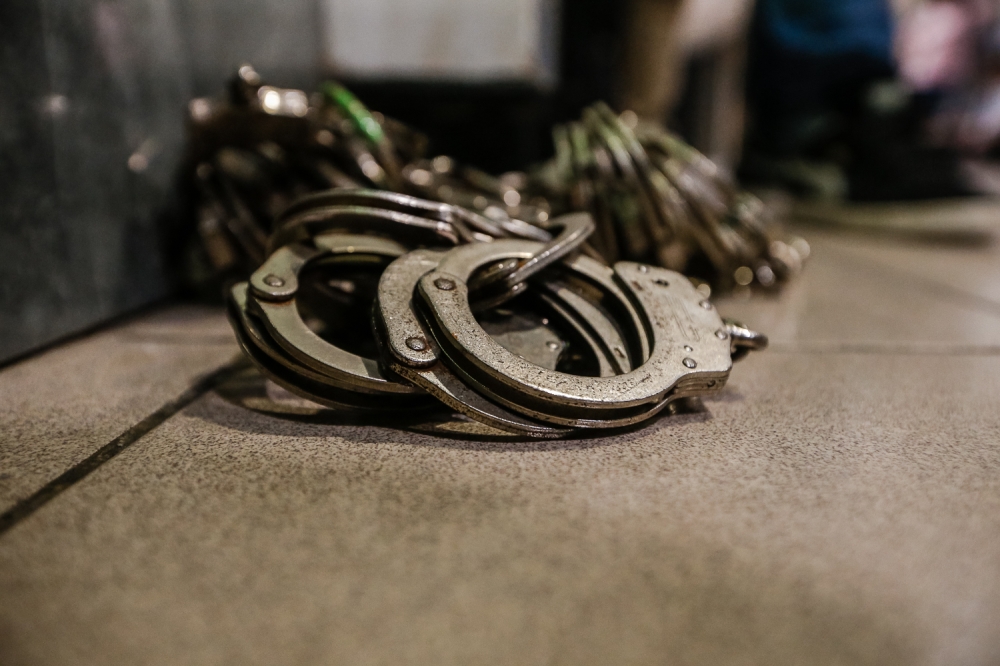KUALA LUMPUR, March 29 — Putrajaya’s launch of a new registry for child sex offenders earlier this week was celebrated and lauded by many, but is it enough to ensure the safety of children?
Several child rights activists polled by Malay Mail cautioned that the registry is not the ultimate solution and raised several concerns over the procedure to access it, although they were largely positive about the move.
The United Nations Children’s Fund (Unicef) through its Malaysian representative was elated that the registry had finally been introduced after a lengthy discourse about it, saying it is an important measure to protect children from convicted paedophiles.
“Parents and those working in child-based industries now have a mechanism to screen people who care for children before engaging them,” Unicef representative Marianne Clark-Hattingh told Malay Mail.
“However excellent this initiative, let us not forget that it is just one measure. Not all child sex offenders are reported, charged and convicted. Evidence shows that the greatest risk to girls and boys comes from people who are known to their victims,” she cautioned.

Should the registry be made public?
A recurring concern with the activists polled was the requirement for applicants to make requests directly with the Social Welfare Department for access to the registry, where they would first need to fill in a form and state their relationship with the individual that they are screening.
“As a first step, this is a good move. The ministry is moving in the right direction of child protection, although some people will find it difficult to go to JKM,” said Childline Malaysia project director PH Wong, using the Malay initials of the department.
Wong said this puts the onus on parents, childcare providers, nurseries, kindergartens, tuition centres and other individuals who look after children, to be responsible when utilising the registry.
Echoing Wong, lawyer and chairman of rights group Voice of Children, Sharmila Sekaran, pointed out that there are not enough JKM offices to handle and process such requests.
“We do not have sufficient JKM offices on the ground.
“How much toll to pay? So much money just to go to JKM office, to file a request. How long will they take to respond?” she asked.
To improve the situation, she suggested that other government agencies, including the police, should be allowed access to the registry — although she acknowledged the need to balance the right to privacy and making the registry accessible.
“[The registry] can be made more accessible if implemented at police stations. These places are more accessible than JKM offices. Someone a bit more senior can handle it at the police offices,” she added.
During the launch on Wednesday, Deputy Women, Community and Family Development Minister Hannah Yeoh had said it was not yet time to make the registry public as this required further discussions with other ministries, as well as the police and courts.
But Women’s Aid Organisation advocacy manager Yu Ren Chung said the current model may actually help avoid unintended consequences.
“A completely public registry may not protect the identity of child survivors. For example, if the name of a father who had committed incest is made public, one may be able to infer the identity of the survivor.
“A completely public registry may also lead to vigilantism,” he added.
Similarly, open data and open government advocate Khairil Yusof said the model provides a good balance for now, and limiting access to the registry was the right call.
“Studies have shown for other public registries that effectiveness is limited, especially as in many cases, the abuser is someone known and close to the child,” said Khairil, who is the co-ordinator and co-founder of technology advocacy group, Sinar Project.
“Harm to children makes it seem easy to justify openness and access, but doing so will also lead to inevitable questions on opening up other registry of offences by individuals and the consequences of that,” he added.

Time for a bigger registry next?
During the launch, Yeoh had also said the registry would come into effect on April 1, and would contain the names of some 3,000 reported offenders from 2017 until February 18 this year.
However, both Wong and Sharmila pointed out that the registry does not cover all crimes, just those committed by convicted sexual offenders.
“At the moment, the registry only covers convicted sexual offenders. It doesn’t cover other offences such as drug abuse,” noted Wong.
Sharmila also pointed out that the registry would only cover physical violence.
Non-physical and psychological abusers are more difficult to charge and sentence, she said.
“One of the realities of sexual offences is there is a struggle with the police to get evidence that is needed to convict non-physical sexual offences or non-penetrative offences.
“It doesn’t cover other forms of physical and psychological abuse of children,” the lawyer explained.
Yeoh had also warned the public to stay vigilant even if a person of interest has no record of child sex crimes.
She pointed out that a vast majority of those on the registry are first-time offenders: Only 34 of the 639 people charged last year being repeat offenders.
In response, Clark-Hattingh urged the public to remain alert and constantly engage with children, families and communities to recognise such harmful behaviour.
“We all have a role to play to ensure children remain safe and do not fall prey to child sex offenders,” she added.

